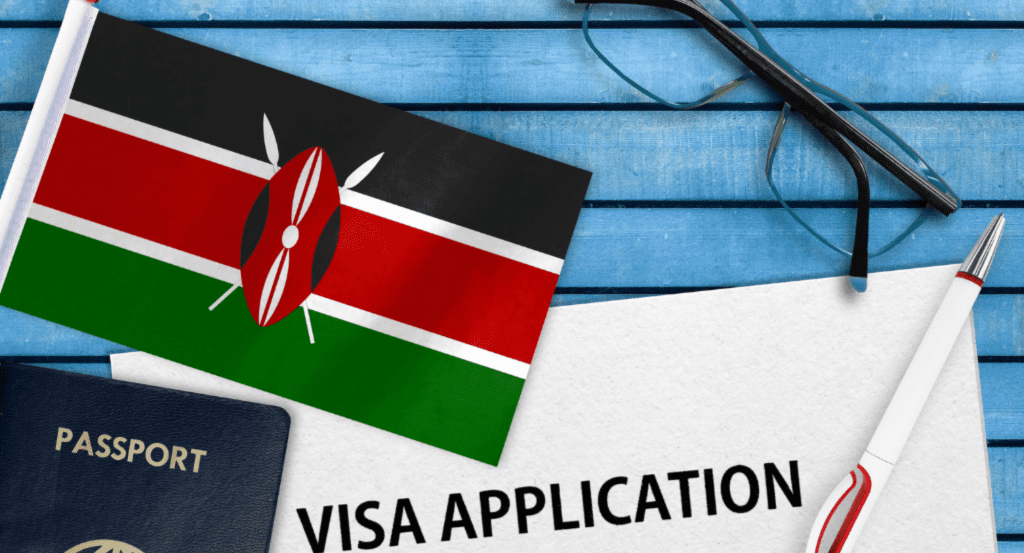Kenya has announced a major overhaul of its travel policy, eliminating visa requirements for citizens of most African countries. This landmark decision aligns with President William Ruto’s vision of fostering Pan-African unity and promoting intra-continental tourism and trade. However, Libya and Somalia have been excluded from the relaxed travel rules.
Under the revised policy, African nationals will no longer require visas to enter Kenya, making travel to the East African nation more accessible. Speaking at a press conference, Kenyan officials stated that this move is part of the country’s efforts to enhance regional integration and economic cooperation. It also reflects Kenya’s commitment to the African Union’s Agenda 2063, which aims to create a borderless Africa.
The exclusion of Libya and Somalia from the relaxed visa requirements has raised questions. Kenyan authorities cited security concerns and ongoing instability in these countries as the reasons for maintaining stricter travel regulations for their citizens. Despite this, the government emphasized that the door remains open for future policy revisions based on improved conditions in both nations.
The new travel framework also includes an upgrade to Kenya’s electronic travel authorization (eTA) system. This system, which was previously limited to specific groups of travelers, will now facilitate streamlined entry for Africans without the need for physical visas. The enhanced system is expected to reduce administrative burdens and wait times for travelers.
Experts have lauded Kenya’s initiative as a progressive step toward boosting tourism and economic ties across the continent. By removing barriers, Kenya anticipates an increase in business opportunities, cultural exchange, and tourism revenue. “This decision positions Kenya as a leader in championing African unity,” commented a policy analyst on the development.
The relaxed travel policy comes at a time when many African countries are re-evaluating their immigration frameworks to promote regional collaboration. Critics, however, have expressed concerns over potential security risks and the country’s capacity to manage an influx of travelers under the new system.
Kenya has assured its citizens that necessary safeguards are in place to address these concerns. Border security protocols will be reinforced, and the eTA system will include advanced verification features to prevent misuse.
As Kenya implements its updated travel policies, the move is expected to strengthen its position as a gateway to East Africa and a hub for Pan-African relations. The government’s decision underscores the growing momentum toward achieving a more connected and unified Africa.




















